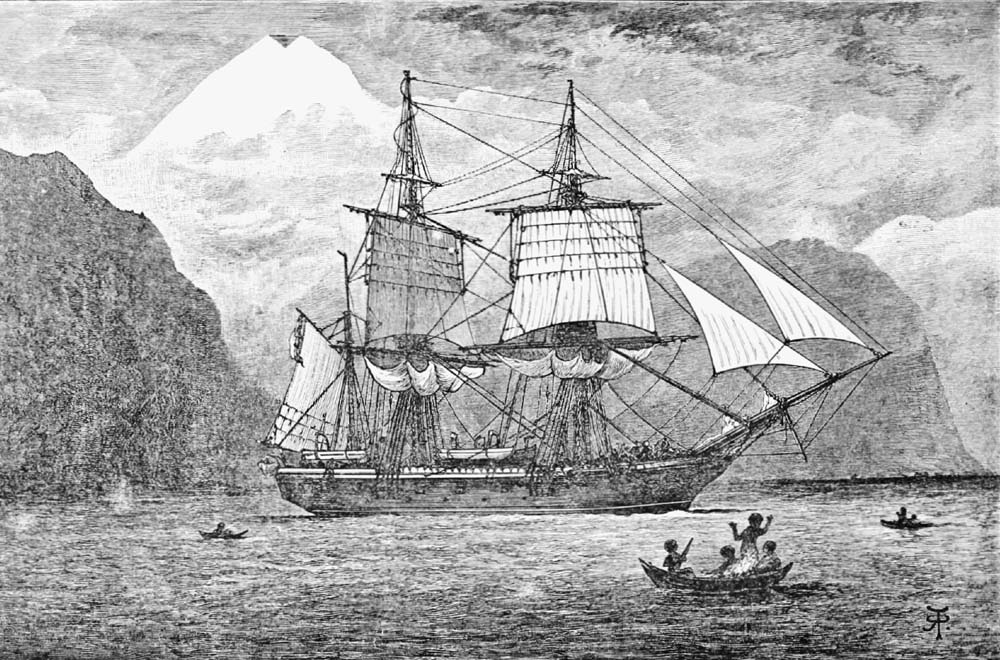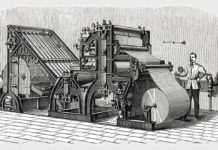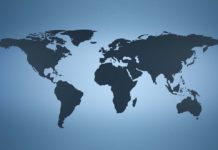Download (PDF, 4.72MB)
INTRODUCTION
Epic journeys of humankind
This book traces the history of how humans explored and settled in the entire earth, and in our own times even reached out farther, exploring the outermost parts of the solar system. .
Out of Africa
Human history began in Africa. One of the first of our remote ancestors to leave the continent was Pithocanthropos Erectus, a species whose remains were were discovered in Java by Eugene Dubous in 1894. Remains of members of the species Homo Erectus were discovered in China and these early hominids, known as “Peking Man”, were also among the first to leave Africa.
Neanderthals left Africa before modern humans. Their presence outside Africa may have frustrated the first attempts of modern humans to explore and populate the regions outside Africa. Homo sapiens neanderthalensis lived side by side with Homo sapiens (modern man) in Europe, for a hundred thousand years. In relatively recent times, only 30,000 years ago, the Neanderthals disappeared. However, modern humans outside Africa intermixed with Neanderthals, and carry a significant amount of the Neanderthal genome.
About 70,000 years before the present, a small band of modern humans left Africa and succeeded in exploring and populating the world outside.
Humans reach Australia
Early humans reached Australia about 50,000 years ago, after intermixing with the Denisovans (the eastern cousins of the Neanderthals). At that time, much water was locked in the ice of a glacial period, and the ocean level was much lower than it is today. The first people in Australia were probably able to see land on the other side whenever they crossed open water. Nevertheless, highly developed sailing skills were still required to make the journey.
Crossing the Bering Strait to the Americas
During another ice age, about 20,000 years ago there was a land bridge across what is now the Bering Strait. Humans took advantage of this land bridge, and they reached North America. Travel through the North American continent was impossible at that time, because it was covered with ice. However, much evidence shows that the first humans to arrive there traveled southward along the coast in small boats, living off fish and shellfish. In this way they travelled as far as South America. Traces of very early human habitation have been found on an island off the coast of South America, demonstrating that these pioneering settlers were proficient in the use of boats.
Alexander of Macedon: conqueror or explorer?
In another chapter, we look at the amazing journey through the known world of Alexander of Macedon. Was this purely motivated by a warlike desire for conquest? Or was there a strong element of curiosity behind the young leader’s efforts to reach the sea beyond India? In his youth, he had been tutored by Aristotle. Whatever its main motivation was, Alexander’s tour through the known world of the time had the effect of blending the cultures of re regions through which he passed and creating the cosmopolitan and advanced civilization that we call the Hellenistic Era.
Viking explorers change the world
Between the 8th and 11th centuries AD, Viking conquests and explorations helped to create the modern world. Not only Scandinavia, the Viking heartland, but also Russia, England, France, Germany, Spain and Italy, owe much of their present character to Viking exploration and conquest. Russia takes its name from the Rus Vikings who ruled the region near to Kiev.
Marco Polo
In 1271 AD the 17-year-old Marco Polo set off on a journey to the court of the Mongol emperor, Kublai Khan together with his father and uncle, who were successful Venetian traders, and who had previously visited the great Khan. Arriving at Kublai Khan’s summer palace, Shangdu (Xanadu) after four years of travel, they were warmly welcomed by the emperor. Marco Polo found special favor with Kublai Khan because of his intelligence and humility, and because told the emperor entertaining stories of other countries. Marco Polo became an ambassador in the service of Kublai Khan and remained so for many years. When he finally returned to Venice in 1295, his city was at war with Genoa. Marco Polo was captured and imprisoned by the Genoans, and while in prison, he dictated his recollections to a cell-mate who happened to be an author of colorful romances. The resulting book became immensely popular in Europe. It made Europeans aware of the great wealth and knowledge of Asian civilizations, and it did much to initiate the Age of Exploration.
European voyages of discovery
During the Age of Exploration, initiated by Marco Polo’s book, Christopher Columbus rediscovered the American continent in an effort to reach India and China. Columbus has been much honored in America, but today, his reputation has been re-evaluated, and he is criticized for his cruel treatment of the people whom he found living on the Caribbean islands. Indeed, cruelty and greed characterized many of the European explorers of the New World.
Other notable voyages of exploration
Among the other famous voyages of exploration, we can think of explorers, such as Henry Hudson, Samuel de Champlain, Vitus Bering, Meriwether Lewis and William Clark, who increased our knowledge of North America. The Voyage of the Beagle circumnavigated the globe, and led to Darwin’s revolutionary theory of evolution through natural selection. Other famous voyages have explored the Arctic and the Antarctic.
Exploration of the solar system
Remarkably, in modern times, humans have extended their explorations into space, setting foot on the moon, and sending unmanned exploratory missions to the farthest planets. The spirit of curiosity and discovery that has motivated these journeys into space is the same as the spirit that has motivated human voyages of discovery throughout history.
Human history as cultural history
We need to reform our teaching of history so that the emphasis will be placed on the gradual growth of human culture and knowledge, a growth to which all nations and ethnic groups have contributed.
This book is part of a series on cultural history. Here is a list of the other books in the series that have, until now, been completed:
The pdf files of these books may be freely downloaded and circulated from here and here.
Read the entire book above or download it here.
We thank John Scales Avery, a renowned intellectual, EACPE board member, and theoretical chemist at the University of Copenhagen, for giving us permission to reproduce his latest book for EACPE.









